- Rising inflation and slowing growth spark renewed fears of stagflation.
- Stagflation puts the Fed in a no-win situation—fighting inflation risks hurting jobs, but easing up fuels inflation.
- Gold and silver can help protect retirement savings during economic turmoil.
Signs of Stagflation Grow
Investors are on edge as troubling signs emerge in the U.S. economy. The growing threat of stagflation, where inflation soars while jobs disappear, has them bracing for the worst. The Federal Reserve’s latest economic projections contributed to an 8% slump from an all-time high in the S&P 500 index. According to RSM Chief Economist Joe Brusuelas, we may be heading into a period of “stagflation-lite.” A potentially disastrous situation for retirement savings.1
The Federal Reserve’s Stagflation Warning
The Federal Open Market Committee (FOMC) recently downgraded its economic growth outlook. They are predicting only a 1.7% expansion this year. That’s a 0.4 percentage point decline from its December forecast. At the same time, the committee raised its inflation expectations. Signaling uncertainty in its economic outlook.2
 3
3
Fed officials are now facing a dilemma. If inflation doesn’t approach the 2% target, interest rates may stay high for an extended period. The Fed is taking a “wait and see” approach. They want to see how tariffs affect inflation and economic growth.
In theory, a weak economy with rising unemployment should stop inflation. The two shouldn’t coexist. One of the major challenges of stagflation is that it offers no easy fixes. The Federal Reserve has a dual mandate. It aims to control inflation and maximize employment. However, this creates a conflict. If the Fed raises rates to combat inflation, it can slow down economic growth and increase unemployment. Conversely, lowering rates could fuel inflation further.
Chicago Fed President Austan Goolsbee summarized the challenge. He said, “There is nothing more uncomfortable than a stagflationary environment, where both sides of the mandate start going wrong. There is not a generic answer… Is it worse on the inflation side or the job market side? Higher tariffs raise prices and reduce output—that is a stagflationary impulse.”4
A Return to 1970s Stagflation?
The current economy isn’t as bad as the stagflation of the 1970s…yet. But some economists say the conditions are starting to appear. The stagflation crisis of the 1970s was driven by oil price shocks and poor economic policies. Similarly, today’s rising national debt and increased money printing contribute to inflationary pressures. The money supply issue today feels more urgent than it did in the 70s. Making the battle against inflation even tougher.
Market Reactions and Strategies
Bank of America recently warned that the risk of stagflation is growing. They told clients to move from risky assets to safer investments. “In recent weeks, some of the economic data has weakened and inflation has stayed sticky, so that’s caused questioning of whether we could be in a stagflationary environment,” said Jill Carey Hall, a U.S. equity strategist at BofA.5
JP Morgan’s trading desk warned that the Fed’s new economic forecasts suggest stagflation. Economist Torsten Slok of Apollo Management emphasized the seriousness of the issue. Saying, “the Fed is worried that the ongoing stagflation shock is going to intensify further.” Meanwhile, Bankrate analyst Mark Hamrick echoed this sentiment. He stated, “Recession risks are clearly rising.”6

Gold and Precious Metals: A Safe Haven
Investors aiming to protect their portfolios during stagflation should look at safe-haven assets. Gold and silver can help. Unlike stocks, precious metals often gain value during recessions. This happens as fiat currencies lose their purchasing power.
Phil Carr of FXStreet noted, “Precious metals like gold, silver, platinum tend to be big winners in inflationary environments.” Recent data from GSC Commodity Intelligence supports this. It showed a record $4.9 billion flow into gold in February, the highest ever recorded.7
Conclusion
The U.S. economy isn’t at the stagflation levels seen in the 1970s, but warning signs are clear. High inflation, slow economic growth, and rising unemployment present a challenging economic landscape. The Federal Reserve is unsure of its next moves. Making it hard to predict how long these conditions will last.
In such uncertain times, protecting your wealth with gold and silver can be a prudent move. A Gold IRA from American Hartford Gold can help safeguard your retirement savings from the effects of stagflation. Call us today at 800-462-0071 to learn how you can secure your financial future with precious metals.
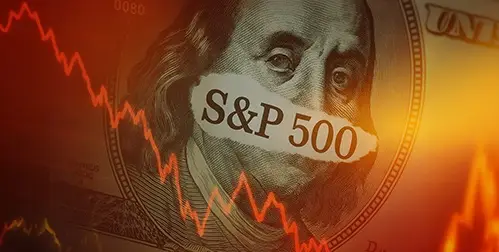

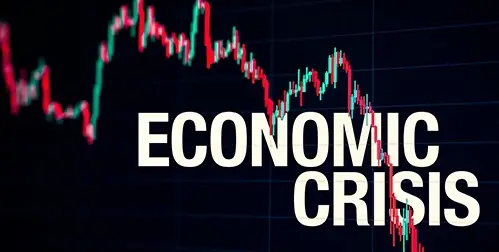

 1
1


 3
3
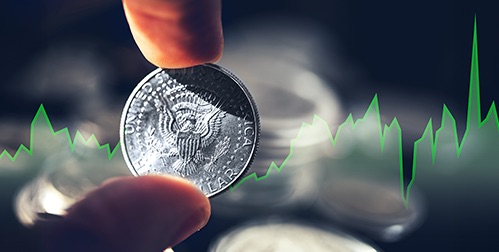
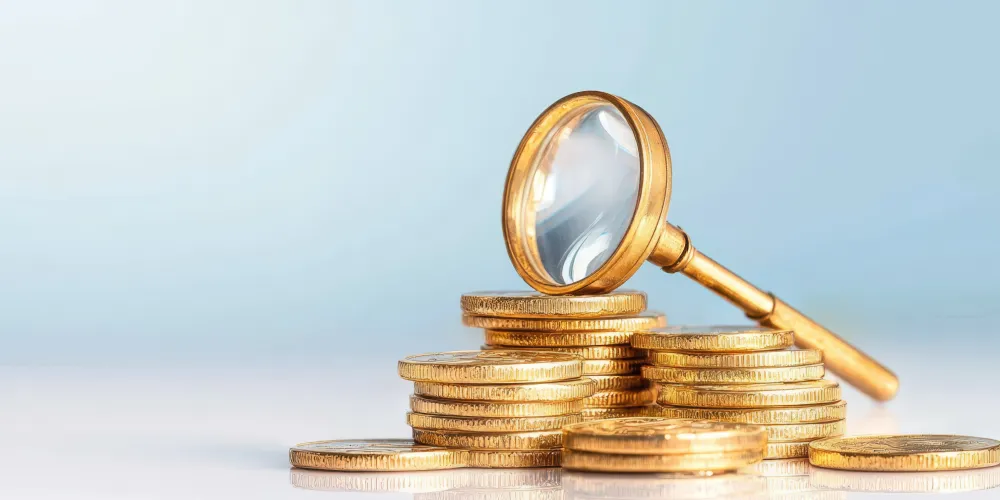

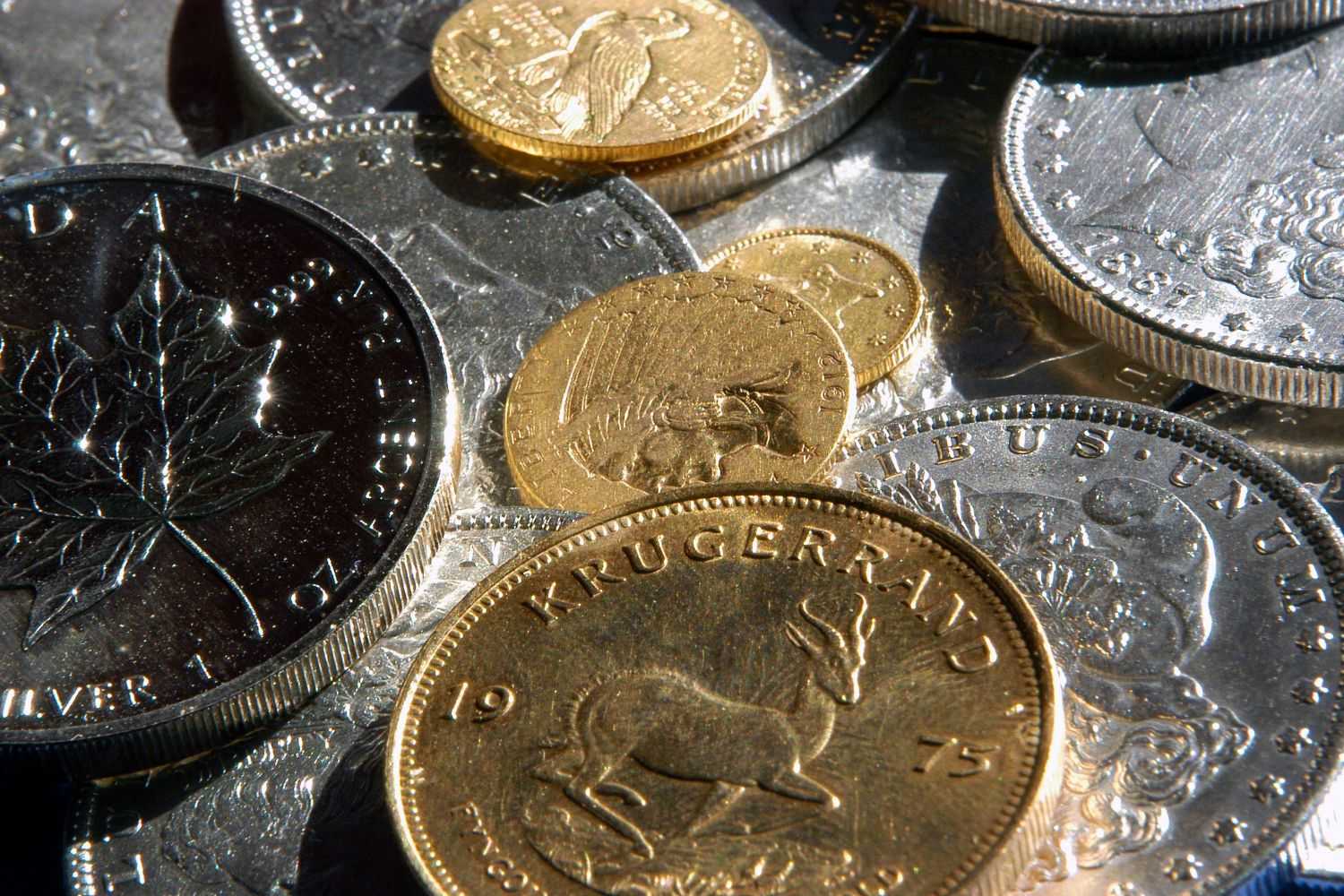
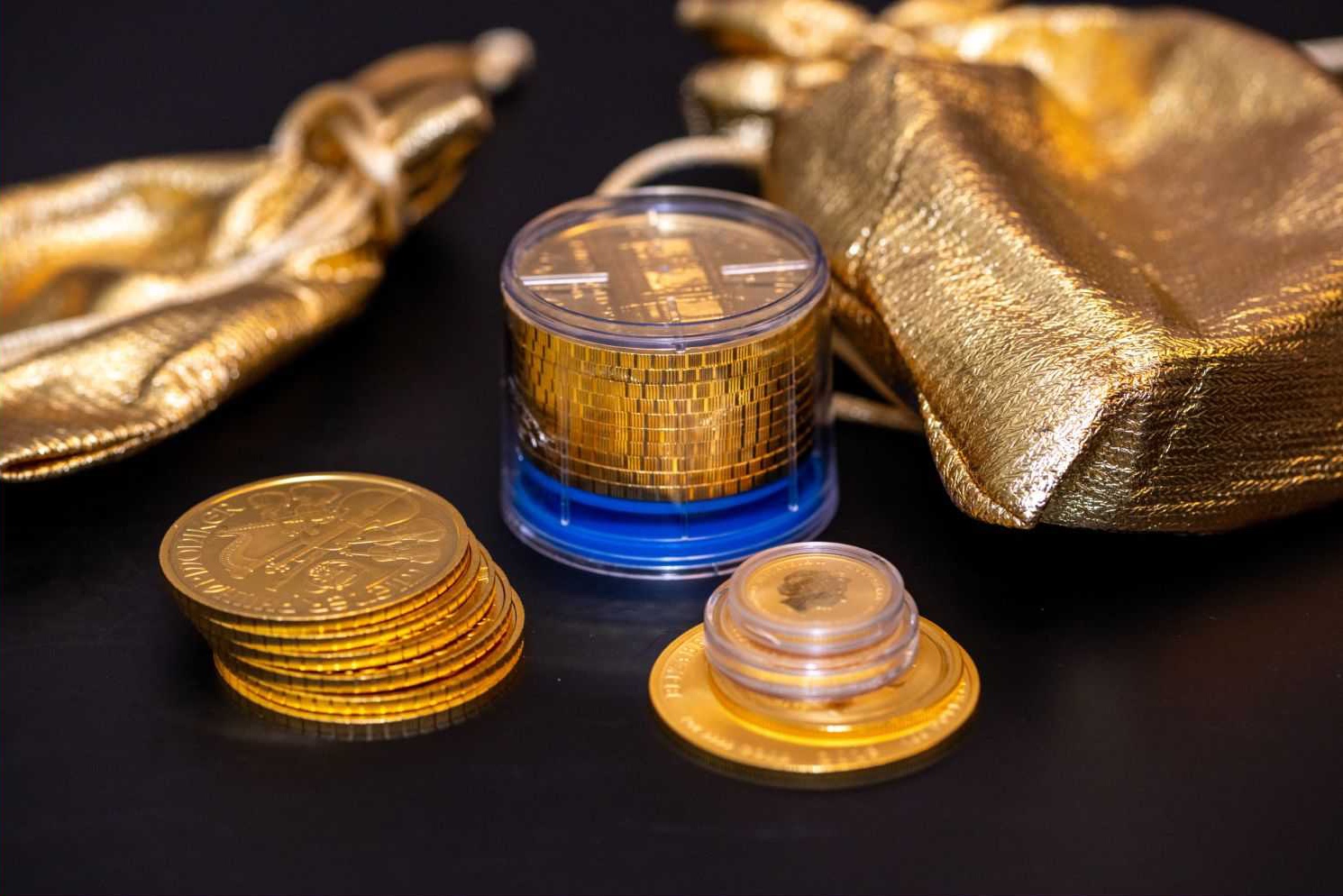

 2
2
